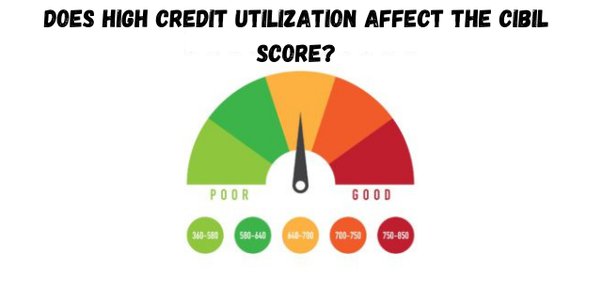In the realm of personal finance, the utilization of credit card limits plays a pivotal role in determining one’s credit score. Recent revelations shed light on the crucial impact it exerts on individuals’ financial standings. Financial experts emphasize that the utilization of available credit has a substantial influence on credit scores and overall creditworthiness.
The ‘C’ word, credit, is pivotal in the financial sphere. According to industry specialists, maintaining a balance between credit utilization and the allocated credit limit is paramount. Reports have shown that when individuals utilize a significant portion or the entirety of their credit card limit, it can adversely affect their credit scores. This scenario suggests a higher risk of overleveraging and potential financial instability.
Experts stress the significance of maintaining a utilization ratio below 30% of the total available credit limit. This practice showcases responsible financial behavior and positively impacts credit scores. However, exceeding this optimal utilization ratio might lead to a decline in credit scores, triggering concerns for lenders regarding the borrower’s financial management.
The Credit Information Bureau India Limited (CIBIL) offers insights into an individual’s creditworthiness. Their evaluation considers factors such as credit utilization patterns. Excessive utilization of the credit card limit can reflect negatively on the credit report, potentially hampering one’s ability to secure favorable loan terms or access additional credit facilities.
“Managing Credit Card Limits: Strategies for Enhanced Credit Scores”
Financial advisors stress the importance of strategic credit card usage. To safeguard and bolster credit scores, individuals can adopt prudent strategies. Firstly, regular monitoring of credit card balances and timely payments is critical. Maintaining a healthy credit utilization ratio by keeping balances well below the credit limit is advisable.
Moreover, individuals should resist the temptation of maxing out their credit cards, even if they possess a high credit limit. Being mindful of spending habits and using credit responsibly aids in preserving a favorable credit score. Additionally, exploring options to increase credit limits without altering spending patterns can also positively impact credit scores.
Financial literacy holds the key to better credit management. Educating oneself on the intricacies of credit utilization, credit reports, and the factors influencing credit scores empowers individuals to make informed financial decisions. Employing prudent financial practices fosters a healthy credit profile and ensures better access to credit facilities when needed.
In conclusion, the utilization of credit card limits significantly influences credit scores and overall financial health. Maintaining a balance between credit utilization and available credit is imperative for a positive credit standing. By adopting responsible credit management practices, individuals can safeguard their credit scores and bolster their financial well-being in the long run.























